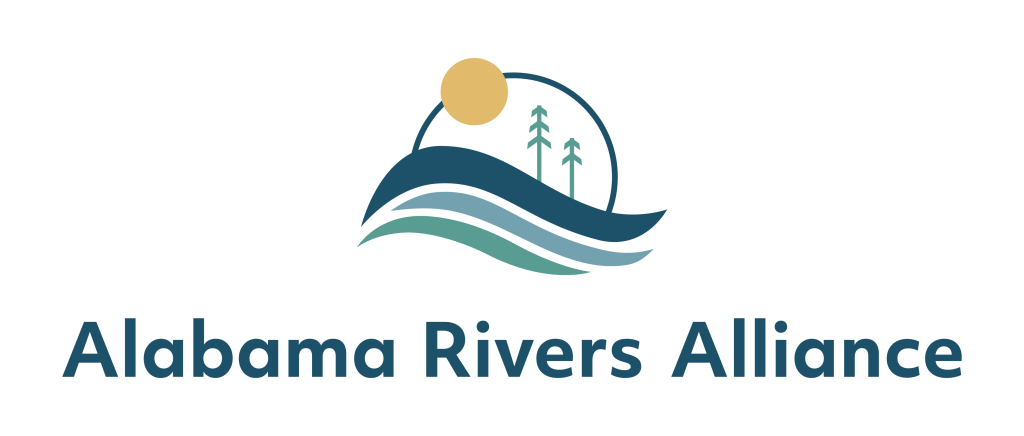Alabama Rivers Alliance invited to international water diplomacy workshop
Workshop facilitates work on stakeholder participation developing Alabama’s water management plan
FOR IMMEDIATE RELEASE
August 14, 2014
Contact: Mitch Reid, (205) 322-6395, [email protected]
Boston, MA – Mitch Reid, program director for the Alabama Rivers Alliance, was one of thirty-two participants from seventeen countries invited to attend the 2014 Water Diplomacy Workshop in Boston, MA in June. The Water Diplomacy Workshop is a five-day joint-learning experience focused on the Water Diplomacy Framework, which combines the science of water with the negotiation instruction methodologies developed by the Program on Negotiation at Harvard Law School.
The Water Diplomacy Framework addresses water problems differently from a conventional conflict resolution approach typically used in resource management. The workshop uses this framework to teach participants how to characterize water problems and how to design and use tools for solving and managing water problems. It is a train the trainer program, designed to equip participants to teach others in their agencies, organizations, universities, or communities.
The workshop was important to the Alabama Rivers Alliance’s participation in the development of a sustainable water management plan for Alabama. A key highlight of the workshop was the training on how to incorporate stakeholder input early in the water planning process, an effort in which the Alabama Rivers Alliance has played a key role within Alabama’s water management planning process over the past few years. “The tools and principles from the workshop will help our organization reach out to stakeholders around the state to bring all issues to the table as the state moves ahead with the planning process,” states Reid.
The funding for Reid to attend the workshop was provided by the Curtis and Edith Munson Foundation.
“Our organization has always made professional development a priority, but the funding for this type of high level, international training would not have been possible within our modest budget. We are grateful for the help of the Munson Foundation in providing this unique opportunity as well as for the recommendation for the training by Bennett Bearden, University of Alabama Water Law and Policy Center,” says Cindy Lowry, executive director of the Alabama Rivers Alliance.
About the Alabama Rivers Alliance
The Alabama Rivers Alliance is Alabama’s statewide, nonprofit, water protection organization. Networking over fifty grassroots water protection organizations across Alabama at the local level and advocating smart planning and reasonable laws at the state level, we work to ensure healthy waters for future generations by empowering the citizens of Alabama to protect our waterways. Learn more at AlabamaRivers.org.
About Mitch Reid
Mitch manages the Alabama Rivers Alliance programs, working with both the state and federal governments towards real and lasting protection of our rivers. Some of the projects that Mitch is working on include a petition to the Environmental Protection Agency to reform the Alabama Department of Environmental Management’s pollution permitting program, the relicensing of several Alabama Power hydroelectric dams under the oversight of the Federal Energy Regulatory Commission, and working with partner groups from around the state to develop protective and sustainable water policies for Alabama.
Mitch hales from Bellwood, Alabama, a small town in Southeast Alabama right on the Choctawhatchee River in Geneva, county. He graduated from Slocomb High School in Slocomb, Alabama and then went on to pursue his undergraduate degree at West Point and his law degree at the University of Alabama. After West Point, Mitch served in the Army until 2004. He was stationed for most of his military career in Fort Bragg, North Carolina, serving with the 82nd Airborne Division and the 16th Military Police Brigade. During this time, he was deployed to Afghanistan from August of 2002 until March of 2003. In 2014 he completed the United Nation’s Institute for Training and Research (UNITAR) course on International Water Law which focused on the common principles associated with sharing water resources and protecting the right to water.


